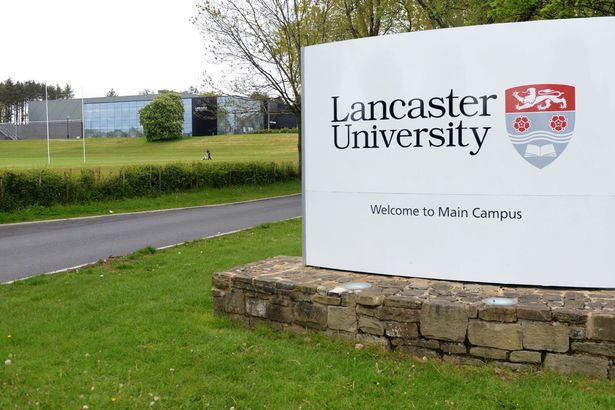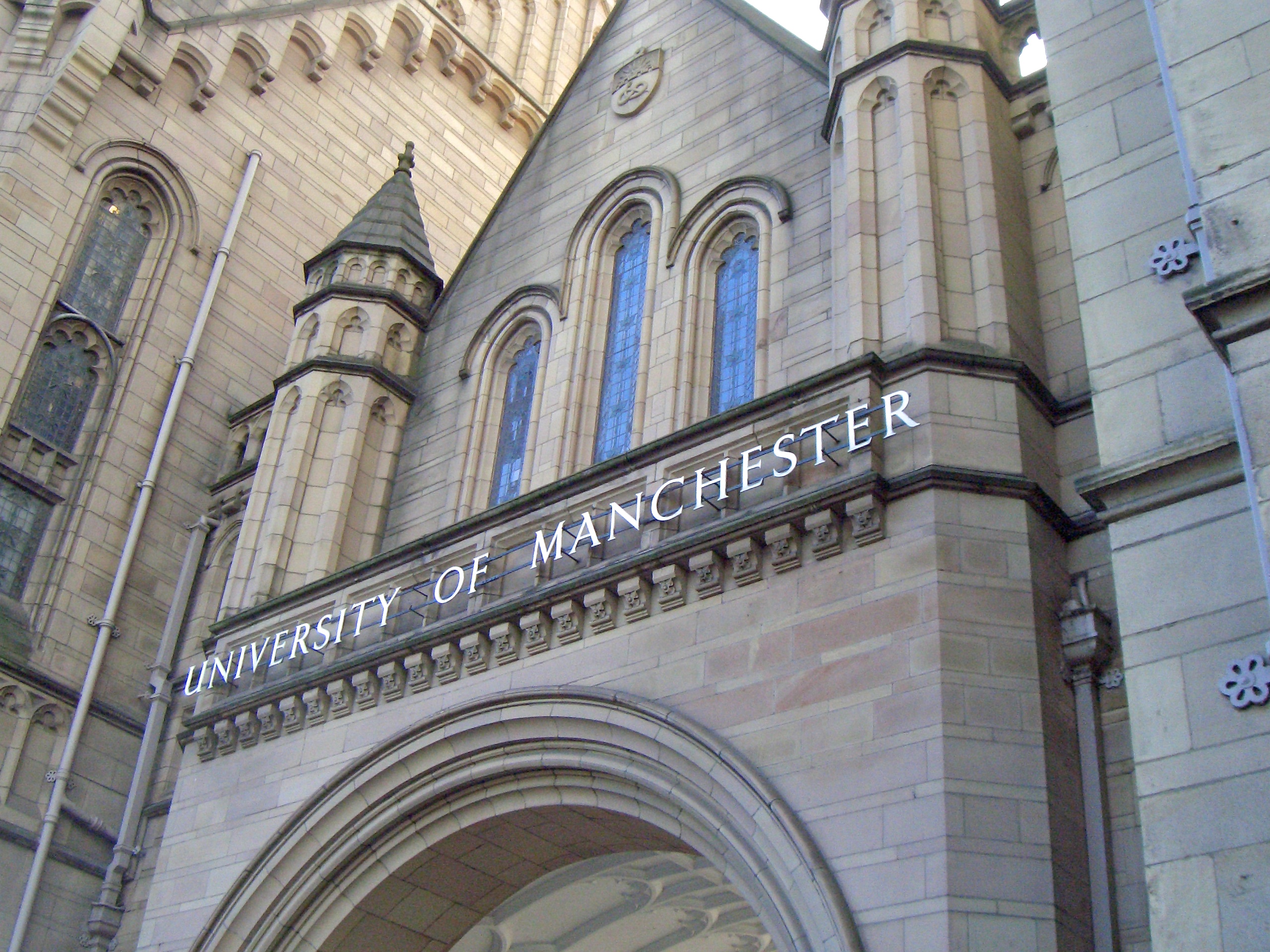
A wide range of universities have been successful in securing more than £1.5m of funding through six awards from the Sustainable Agriculture Research and Innovation Club (SARIC).
The N8 universities, a partnership created in 2007 of eight research-intensive universities in Northern England - Durham, Lancaster, Leeds, Liverpool, Manchester, Newcastle, Sheffield and York, have won funding for ten inter-disciplinary projects.
SARIC, a public-private partnership created to address some of the challenges of sustainable intensification in agriculture.
These projects will address key issues such as increasing the resilience of cereal crops to weather damage, predicting water quality in the event of pesticide run-off, and optimising nutrient use efficiency through better decision-support systems.

Professor Bruce Grieve, N8 AgriFood Academic Lead at the University of Manchester, has been funded to develop low-cost fibre-optic matting for measuring livestock weight in real-time for the optimisation of feeding.
He said: "The awarding of this grant will enable our agri-sensors team at Manchester to prove that non-visual imaging techniques can be exploited for accurate feed-conversion monitoring in livestock.
"This should not only lead on to a commercial product and strategic partnership with AB-Agri, but also open up a new field of livestock sensors research with the other N8 partners and the Agri-Tech Innovation Centres."
'Food security one of the greatest challenges'
The N8 AgriFood Resilience Programme builds on the N8’s research strengths in science, engineering and the social sciences to address global challenges in food security, including sustainable food production, resilient food supply chains, improved nutrition and consumer behaviours.
Prof Katherine Denby said food security is one of the "great challenges" of the 21st Century.
"The need to ensure the global food system is resilient and sustainable is an urgent task faced by governments, industry and society," Prof Denby said.
"The N8 Research Partnership has great capacity, expertise and resources to make progress in this area.
"Our work through this funding will see our universities continue to make a significant contribution to addressing key issues in the agricultural industry and sustainable intensification of farming," Prof Denby concluded.
In total 10 new interdisciplinary projects have received a share of £3m to improve the sustainability of UK farming.
The funding was awarded by the Biotechnology and Biological Sciences Research Council (BBSRC), Natural Environment Research Council (NERC), Economic and Social Research Council (ESRC) alongside 12 industry partners.
